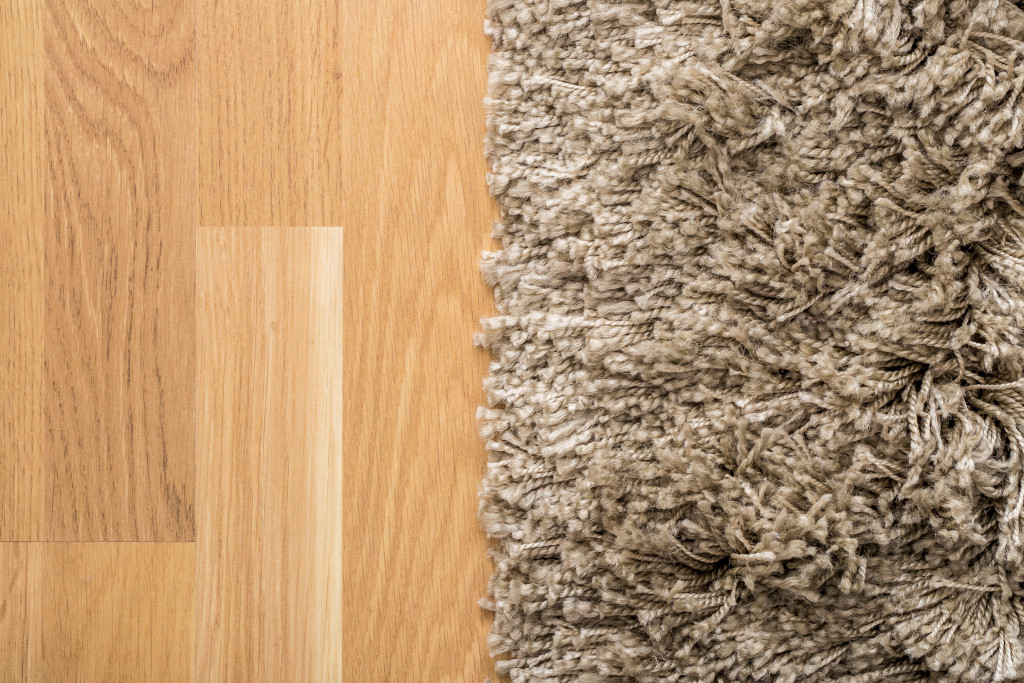Today, let’s talk about cold feet. No, not the one that turns you into a runway groom or bride. It also doesn’t come close to feelings of anxiety or panic.
“Cold feet” here refers to one of the most common problems people experience. They cannot get their lower extremities, from their legs to their ankles and toes warm enough.
Why does this happen? Is this okay, or does it tell you something about your health?
Causes of Cold Feet
The normal body temperature is usually between 36.4 and 37 degrees Celsius. However, some parts feel warmer than others because they have a large surface area and plenty of blood vessels. These include the feet.
This also explains why you can detect cold limbs easily. In reality, the feet temperature can widely vary throughout the day.
A 2010 study revealed that during the daytime, when you’re awake, it could reach 30.6 degrees. By nighttime, it might be 34 degrees. The temperature of your feet can also depend on the ambient or surrounding temperature.
Many, though, deal with chronic cold feet. While the cause can vary, the most common ones are:
1. Problem with Blood Circulation
As mentioned, the feet have a lot of blood vessels that should dilate when blood flows. When you have cold feet, it’s likely that you have issues with these vessels.
One, you might be showing signs of atherosclerosis. It is characterized by the buildup of fat and plaque on the vessels, causing them to narrow. They can then prevent the blood from circulating properly.
You might also be experiencing a condition called Raynaud’s phenomenon. It’s when your extremities turn white or blue because of a significant lack of blood flow. It usually happens when you have damaged blood vessels or under extreme stress. In rare cases, it can be a symptom of autoimmune diseases, such as lupus and rheumatoid arthritis.
2. Nerve Damage
The body uses a feedback mechanism to regulate many functions, including temperature. In your feet are plenty of nerves that can tell the brain whether they’re cold or not. If they’re often colder than usual, it’s possible you have neuropathy (damaged nerves).
Neuropathy can happen for many reasons, one of which is diabetes. Consistently high glucose levels can injure the nerves and blood vessels. An injury can also cause it, including a problem that affects the nervous system.
How to Deal with Cold Feet

Cold feet can be more likely uncomfortable than life-threatening, or they can tell you that you might have an underlying health condition. It’s time for you to seek an appointment with your GP.
Otherwise, you can take a few steps (no pun intended) to help you manage it:
- Invest in warm flooring. Look for timber flooring suppliers since hardwood is warmer than other surfaces. It can also retain warmth when you have a properly insulated home.
- Exercise. Not only can exercise improve your blood circulation, but it can also reduce the risk of chronic diseases, such as diabetes and cardiovascular disorders.
- Practise deep breathing. Oxygen can help improve blood flow, so doing breathing exercises can keep you stay warm.
- Add extra layers. Wear a pair of socks in the evening or don a few more layers of clothing in the winter.
You can manage cold feet even if the reason is a chronic disease. Work with your GP and help yourself keep warm as much as possible.


